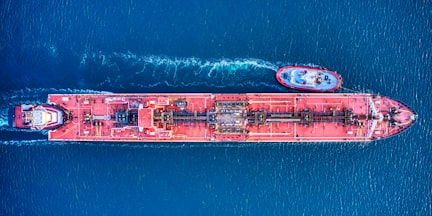
According to a Cyprus Shipping News article, the Korean Register (KR) has published a technical report outlining the safety regulations and resulting design implications for ammonia fueled ships.
The report provides essential information for industry stakeholders such as shipowners, shipyards, and equipment companies for the construction of ammonia-fueled ships.
Analyzing Ammonia Bunker FuelAmmonia, a zero-carbon fuel is relatively easy to store and handle and is attracting worldwide attention...
https://mfame.guru/technical-report-on-ammonia-fueled-ships-shows-potential/








